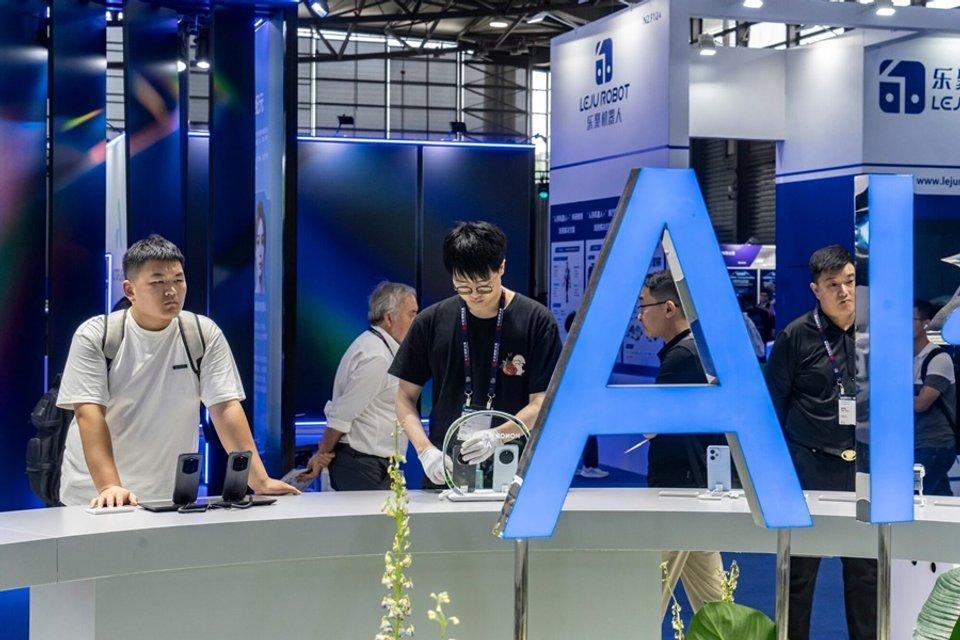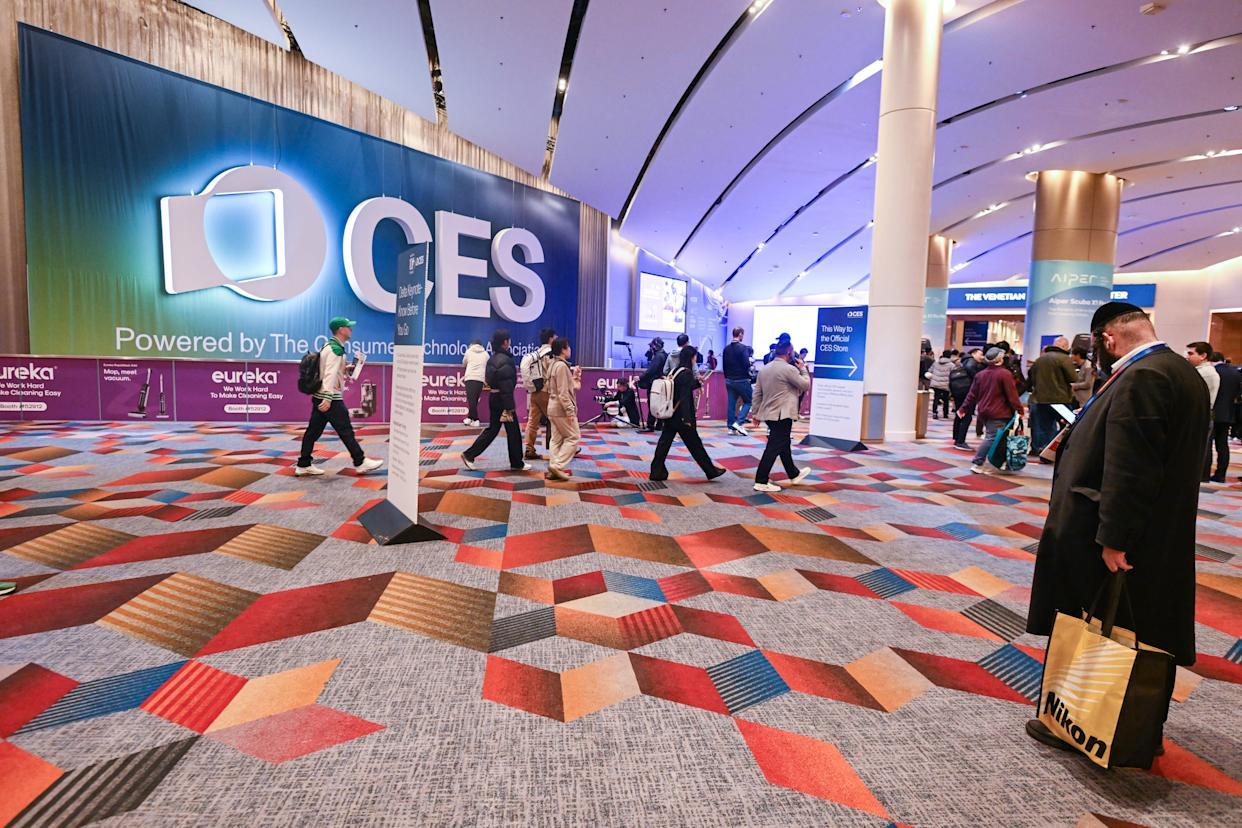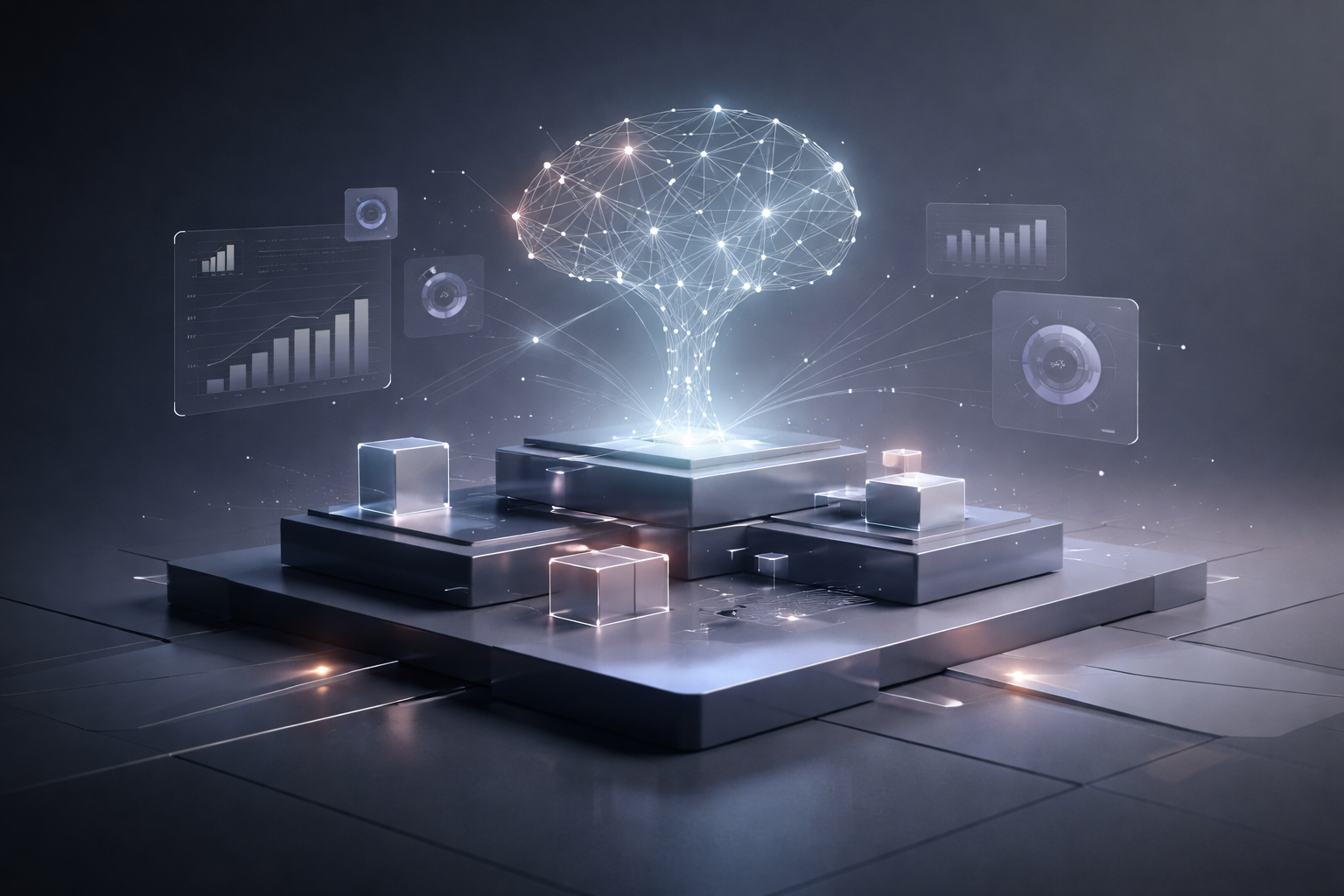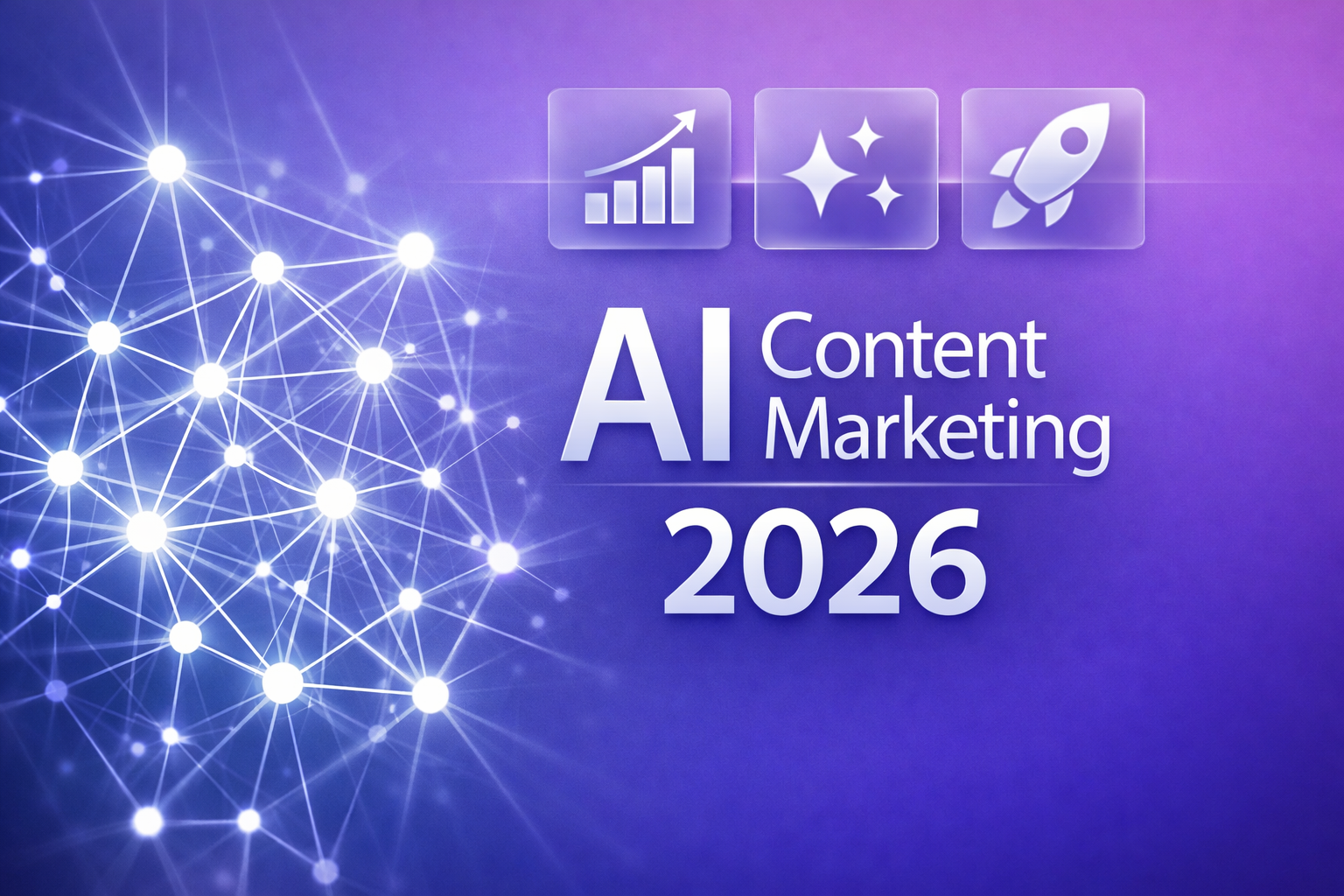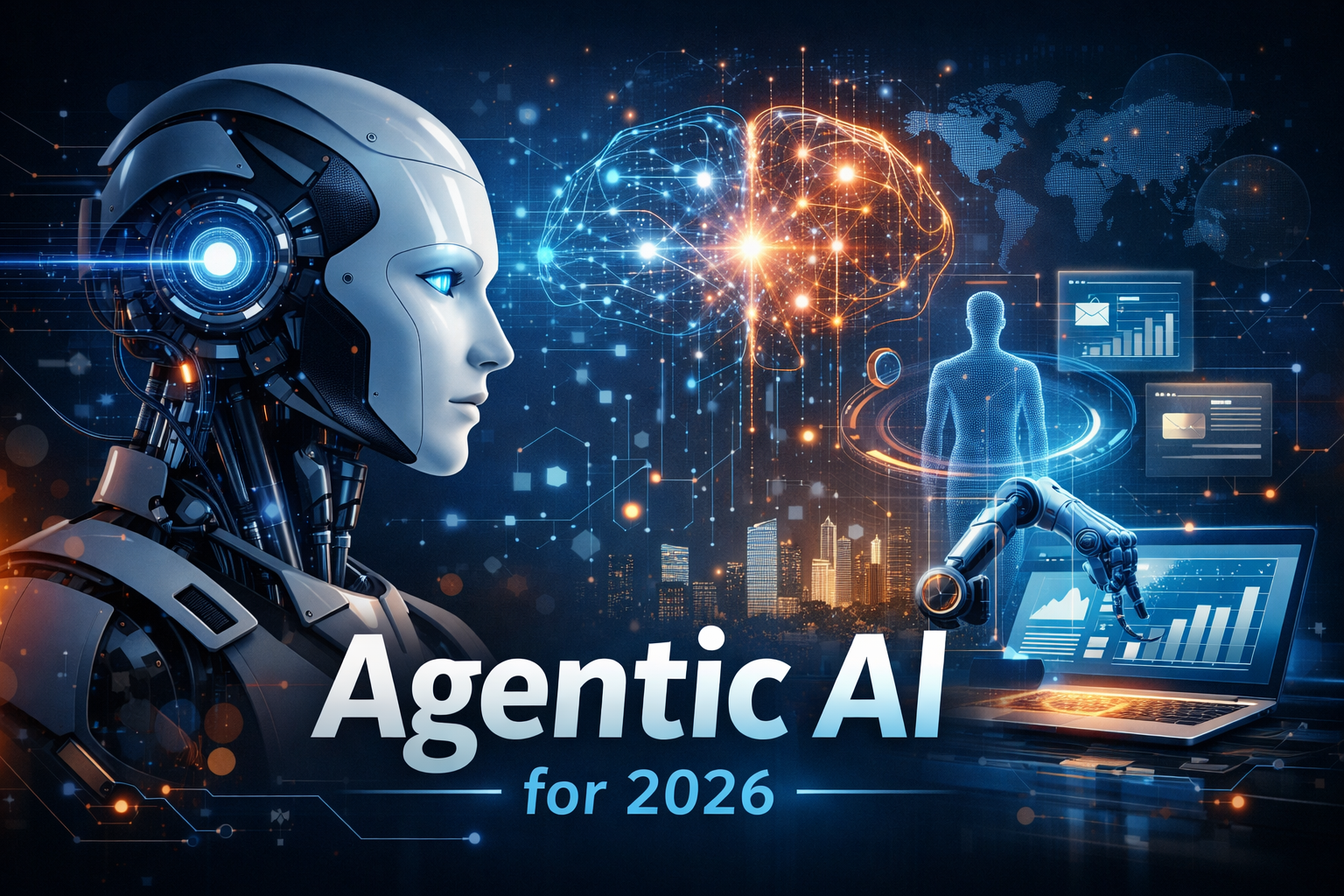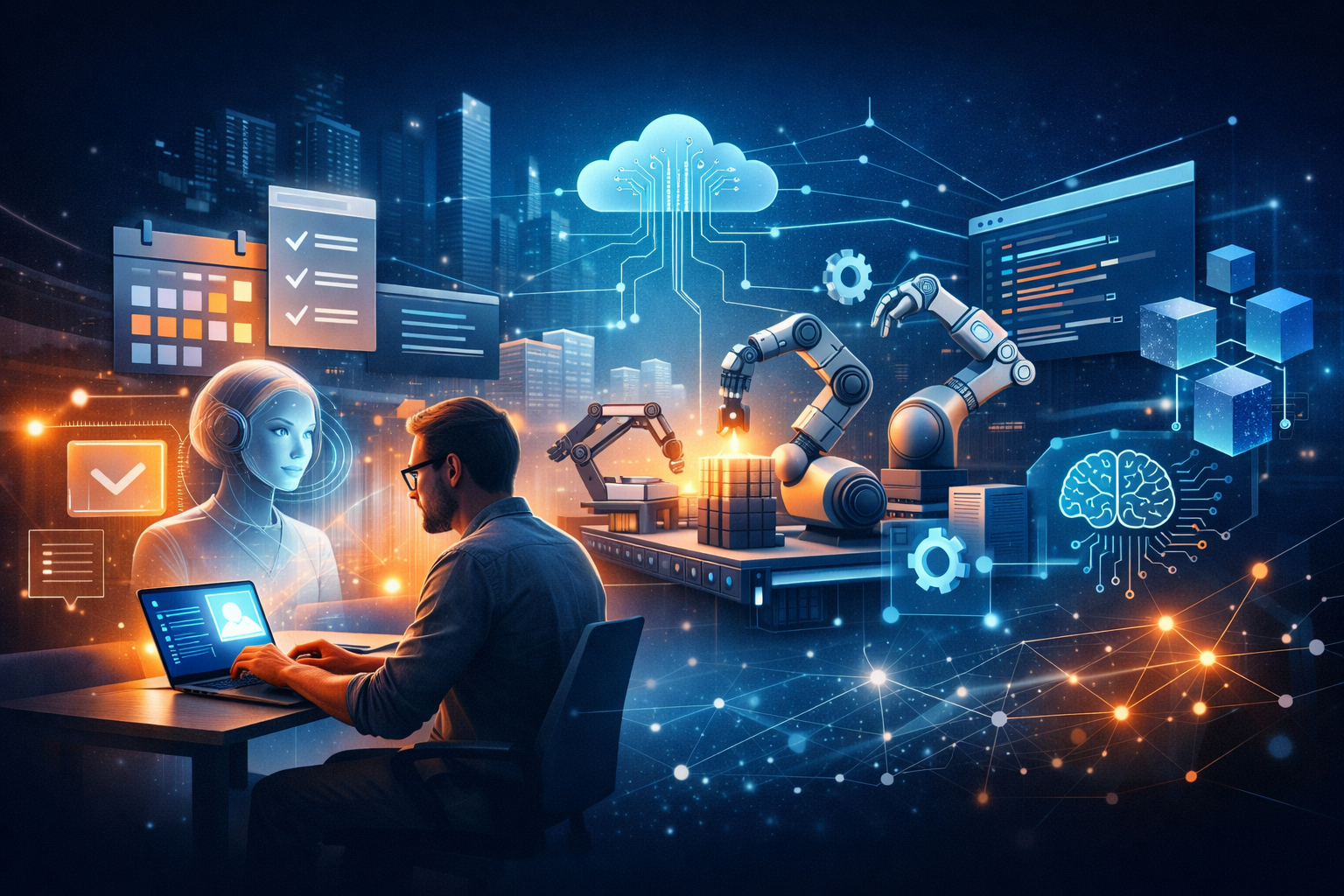China’s biggest tech firms are making bold moves to dominate the next generation of AI — intelligent agents that automate real-world tasks. At the 2025 World AI Conference in Shanghai, Tencent, ByteDance, and Baidu revealed a new wave of AI agents aimed at enterprise, productivity, and creative markets.
This shift signals a new battleground in the global AI race, as Chinese companies rush to build homegrown alternatives to AI agent platforms pioneered in the West.
What Are AI “Agents”?
Unlike basic AI chatbots or assistants, AI agents are autonomous systems that can:
- Execute multi-step tasks (e.g., writing and deploying code, generating reports)
- Interact with tools and APIs
- Make decisions based on goals and feedback
- Operate within enterprise software stacks
They represent a leap toward real software automation, powering use cases in marketing, finance, product design, customer support, and beyond.
Tencent Leads with Full-Stack AI Agents
Tencent Cloud showcased a suite of over a dozen AI agents, including:
- CodeMate – an agent that helps developers debug, write, and optimize code
- AdBoost – a marketing agent that generates campaigns, budgets, and creatives
- SmartOps – automates routine business operations and workflow management
Tencent’s pitch is full-stack enterprise automation, giving Chinese businesses plug-and-play agents tailored to their sector.
ByteDance & Baidu Bring the Heat
Not to be outdone, ByteDance demonstrated creative-focused agents, including:
- Content planners that schedule and optimize social posts
- Video editors that suggest cuts and captions from raw footage
Baidu, meanwhile, emphasized productivity agents built on its Ernie LLM platform, including:
- AI meeting assistants
- Document summarizers
- Financial analysis bots
Each firm is racing to define what the “iPhone moment” for AI agents will look like in China’s digital ecosystem.
Why the Rush Now?
The AI agent frenzy comes just weeks after Manus AI, a leading Taiwan-based agent startup, suddenly exited the Chinese market due to rising geopolitical tensions. Chinese firms are seizing the vacuum to build indigenous platforms, which:
- Align with Beijing’s AI self-sufficiency goals
- Reduce dependency on foreign APIs and infrastructure
- Capitalize on surging enterprise demand for automation tools
“This is not just about tech — it’s about sovereignty, data control, and global competitiveness,” said Dr. Lin Guo, a digital policy expert at Fudan University.
Part of a Bigger Picture: China’s Commercial AI Push
The agent rollout reflects a broader commercialization drive in China’s AI landscape, aligning with government incentives and industrial policy.
From export-oriented LLMs to AI chips and cloud infrastructure, Chinese tech is shifting from research demos to market-ready AI products—mirroring trends in the U.S., but shaped by domestic constraints and priorities.
Final Thoughts
As the US-China tech rivalry deepens, the AI agent race represents the next strategic frontier. With Tencent, ByteDance, and Baidu now fully engaged, China’s AI agent ecosystem is no longer hypothetical—it’s here and scaling fast.
Whether these agents become global contenders or remain domestic champions depends on open standards, international trust, and local innovation. Either way, the message from Shanghai is clear: China intends to lead the AI agent era.
Stay tuned with Cortex Hub for the latest on global AI developments, innovation trends, and tech policy shifts.

